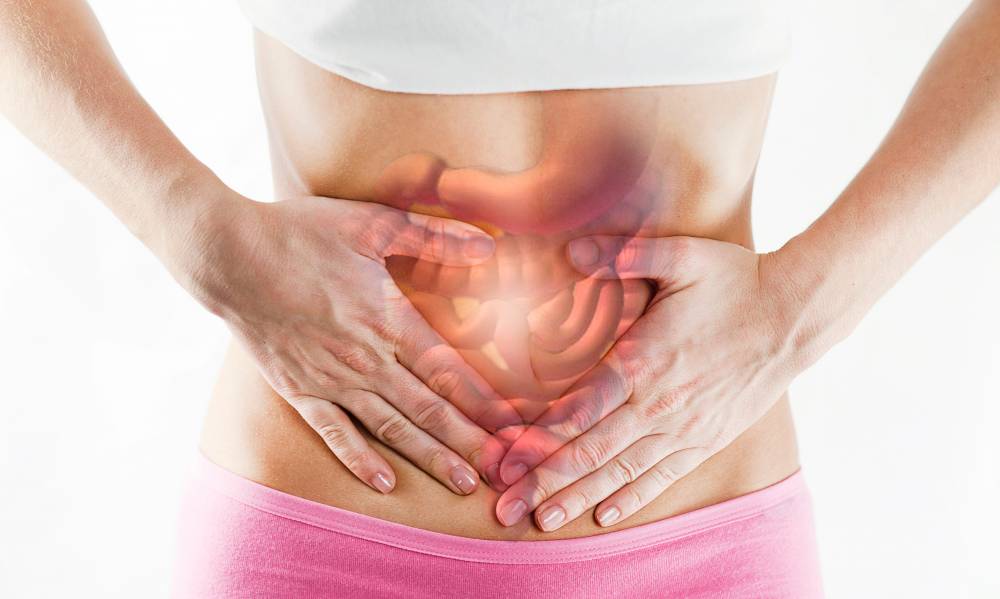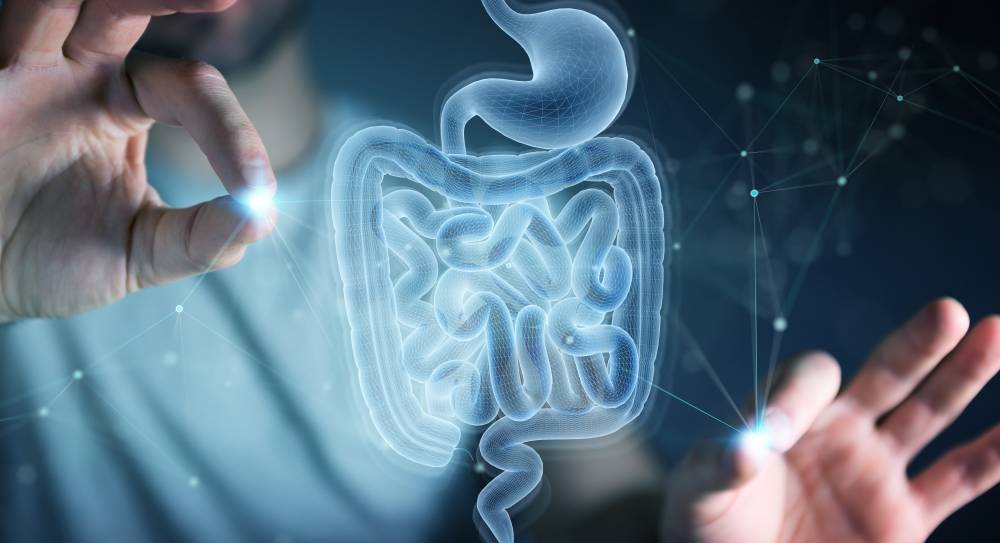
What are intestinal disorders?
Intestinal disorders are a group of diseases and conditions that affect the organs in the digestive system, including the small and large intestines. These conditions can interfere with the proper digestion and absorption of various nutrients and essential vitamins from food. This can cause symptoms such as diarrhea and constipation.
Failure to seek proper treatment for intestinal disorders can contribute to other health complications, including malnutrition and anemia.
Some common symptoms of intestinal disorders include:
· excess gas and bloating
· abdominal pain and cramps
· diarrhea
· constipation
· incontinence
· blood in stool
Common intestinal disorders include:
Irritable bowel syndrome
Irritable bowel syndrome (IBS) is a type of functional GI disorder that increases gut sensitivity and changes how the muscles in the bowels react to stimuli.
IBS leads to a number of symptoms that affect the digestive system. These symptoms include:
· intermittent abdominal discomfort or pain
· diarrhea
· constipation
Increased gut sensitivity can cause abdominal pain and bloating, while changes in intestinal contractions can lead to diarrhea or constipation.
Inflammatory bowel disease
Inflammatory bowel disease (IBD) is an umbrella term that describes conditions that can cause inflammation in the digestive system.
The two types of IBD are Crohn’s disease and ulcerative colitis. Crohn’s disease can affect any part of the GI tract but usually involves the small intestine. Ulcerative colitis affects the large intestine and rectum.
Symptoms of inflammatory bowel disease vary, depending on the severity of inflammation and where it occurs. Symptoms may range from mild to severe. Patients with IBD commonly experience periods of active illness followed by periods of remission.
Signs and symptoms that are common to both Crohn's disease and ulcerative colitis include:
· Diarrhea
· Fatigue
· Abdominal pain and cramping
· Blood in your stool
· Reduced appetite
· Unintended weight loss
Complications of ulcerative colitis and Crohn’s disease may include:
· Colon cancer: Screening for cancer begins usually about eight to 10 years after the diagnosis.
· Skin, eye and joint inflammation.
· Blood clots. IBD increases the risk of blood clots in veins and arteries.
· Bowel obstruction; which may occur as a complication of Crohn's disease. If the full thickness of the intestinal wall is affected, parts of the bowel can thicken and narrow, which may block the flow of bowel contents. Surgery may be required to remove the diseased portion of your bowel.
· Malnutrition; due to diarrhea, which prevents the intestine to absorb enough nutrients to keep the body nourished. It's also common to develop anemia due to low iron or vitamin B-12 caused by the disease.
· Fistulas
· Anal fissure
Celiac disease
Celiac disease is an autoimmune disease that affects the small intestine. Like in other autoimmune conditions, the immune system attacks the body.
In celiac disease, the ingestion of gluten triggers this attack where an immune response that attacks the villi in the small intestine. Gluten is a protein present in wheat, rye, and barley.
The main function of the villi is to transport nutrients from food into the bloodstream. Their damage can lead to malnutrition, anemia, bone loss, and other digestive symptoms such as diarrhea and steatorrhea.
Diverticulosis
Diverticulosis is a disease where small sacs form in the walls of the colon, which may lead to a number of complications such as inflammation in the colon, or bleeding.
Although most people with diverticulosis do not experience symptoms, some people affected may notice blood in their stools if one of the sacs becomes inflamed and swollen. If one of these bursts, it can cause severe pain and may lead to sepsis.
Colorectal cancer
Colon cancer is a type of cancer that begins in the large intestine which is the final part of the digestive tract.
Although colon cancer typically affects older adults, it can happen at any age. Usually, it starts as small, benign lesions called polyps that form in the inside wall of the colon. If untreated, some of these polyps can progress to become colon cancers.
Polyps typically result in few, if any, symptoms. For this reason, regular screening tests to help prevent colon cancer are highly recommended, particularly screening colonoscopy which allows doctors to identify and remove polyps before they turn into cancer.
For patients diagnosed with colon cancer, many treatment options are available to help control it, including surgery, radiation therapy and drug treatments, such as chemotherapy, and immunotherapy.
Signs and symptoms of colon cancer include:
· A persistent change in your bowel habits, including diarrhea or constipation or a change in the consistency of your stool
· Rectal bleeding or blood in your stool
· Persistent abdominal discomfort, such as cramps, gas or pain
· A feeling that your bowel doesn't empty completely
· Weakness or fatigue
· Unexplained weight loss
Causes of intestinal disorders
The exact cause of an intestinal disorder depends on the condition itself.
In general, many factors can contribute to the development of intestinal disorders. These include:
· Genetic factors and family history
· Changes in the gut microbiome, such as an overgrowth of harmful microbes
· Lifestyle factors, such as smoking, diet, and exercise levels
· Certain medications, such as nonsteroidal anti-inflammatory drugs
Diagnosis
People who experience symptoms of an intestinal disorder should make an appointment with a healthcare provider. The doctor will ask about the type and duration of the symptoms the person has been experiencing.
Specialized tests and scans may aid in the diagnose of IBD and intestinal disorders. These can include:
· blood and stool tests
· CT scans
· MRI scans
· upper endoscopy, to examine the inside of the upper digestive tract
· colonoscopy, to examine the inside of the colon
· other types of endoscopy such as enteroscopy and video capsule endoscopy
At ICRID, we use a combination of physical exams, laboratory tests, imaging and endoscopic procedures to diagnose different intestinal disorders.
Treatment
Treatment plans differ depending on which intestinal disorder a person suffers from. Doctors may recommend making lifestyle and dietary changes in addition to medical treatments. Surgery may be needed in some cases.
Examples of medications that may be prescribed to aid in treating intestinal disorders include:
· immunosuppressants
· corticosteroids
· antibiotics
· biologics
· antidiarrheal medication
· stool softeners or laxatives
At ICRID, in addition to patient support, we provide all necessary medications to our patients. We also provide nutritional assessment and support through our specialized nutritionist.

